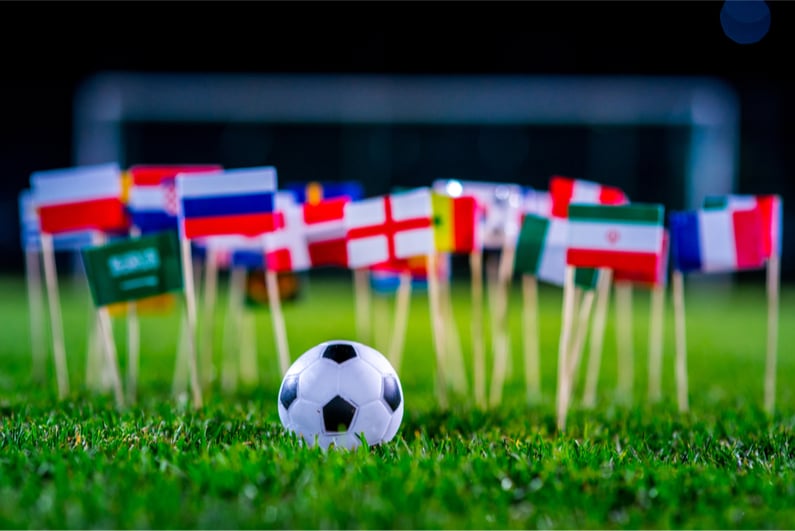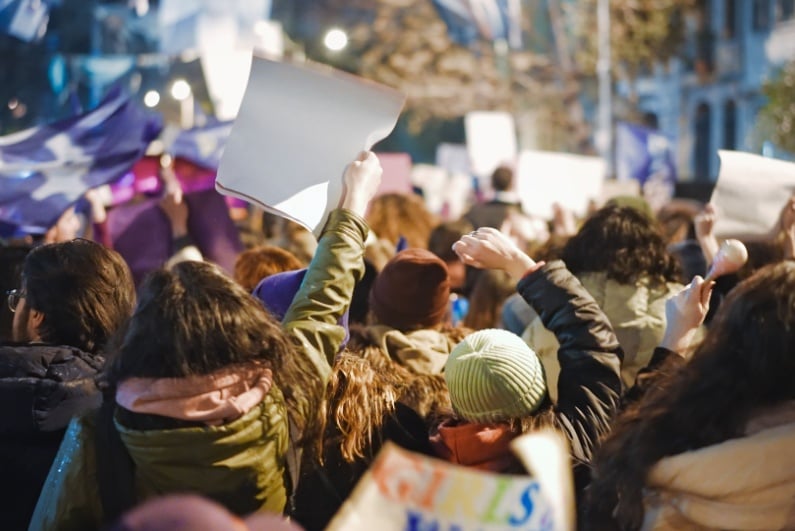Sportsbooks have seen record-breaking levels of betting throughout this year’s World Cup soccer tournament.
The FIFA World Cup has been an unprecedented success so far. There were concerns about the host nation’s capability of running a tournament of this magnitude in a smooth fashion, but they have certainly exceeded all expectations.
Records
The World Cup only comes around once every four years and is always highly anticipated. A significant amount of money is wagered on the given games. People in Britain, for example, are likely to wager about £2.5bn ($3.3bn) during this year’s World Cup – an increase of 50% compared to 2014.
World Cup bettors in France are also setting new records, with punters wagering more than £321m ($427m) in the group stages alone. This figure not only doubles what was wagered on the group stages in 2014, but it also exceeds the amount bet by French punters on the entire 2014 World Cup.
There does appear to be a growing trend of sports betting in France. The 2016 European Championships, held throughout France, saw £263m ($350m) wagered during this entire tournament.
Retail sports betting in France is currently run by the state monopoly Francaise des Jeux (FDJ), which has 27,000 different points of sale across the country. Of France’s total World Cup wagers, £141m ($187m) was placed via FDJ, with the remaining £180m ($239m) wagered through the dozen Arjel sports betting offerings.
Francaise des Jeux also has a lottery section, and the French government is currently selling its 72% stake in the company for around £2.65bn ($3.5bn). As you would expect, the World Cup group games that France was involved in received the highest volume of bets, with about 11% of the total revenue coming from bets on these games.
What does this mean?
The sports betting market in Europe is constantly growing, with the United Kingdom clearly out in front. However, the likes of France are starting to catch up, but controls on their domestic sports betting are certainly tighter than they are in the UK. Sports betting operators have been running all sorts of promotions and advertising campaigns in the lead up to this World Cup, with ads that feature many celebrities.
These ads – oftentimes very in-your-face – have led to the formation of a group of MPs looking to introduce strict measures to control the way sports betting companies advertise their offerings. Everywhere a person looks in sports today, they are inundated with sports betting product placement, whether through the kit sponsorships that many football teams in England have, or through half-time ads or billboard hoardings in the stadiums.
There are concerns that young people are being exposed to this type of behavior from a young age and are led to believe that gambling is part and parcel of everyday life, something of course which can lead to problem gambling down the line.
With England and France having now reached the semi-final stage of the tournament, this strong trend of wagering looks set to continue. The hype is spreading across these nations, and people are looking to put their money where their mouth is, believing that their team is going to go all the way.
In a matter of weeks, the final figures will be reported as to just how much was wagered throughout the entire event. It is almost certain that these figures will smash past anything that has ever been seen before. Thanks to economic growth, people on average have more disposable income to spend on the likes of sports betting. However, there are still countless people who are scraping by but have an issue with gambling that is only worsened by the constant barrage of advertisements and promises of wealth. It is likely that stricter regulations will be introduced in countries like the UK in the near future.



